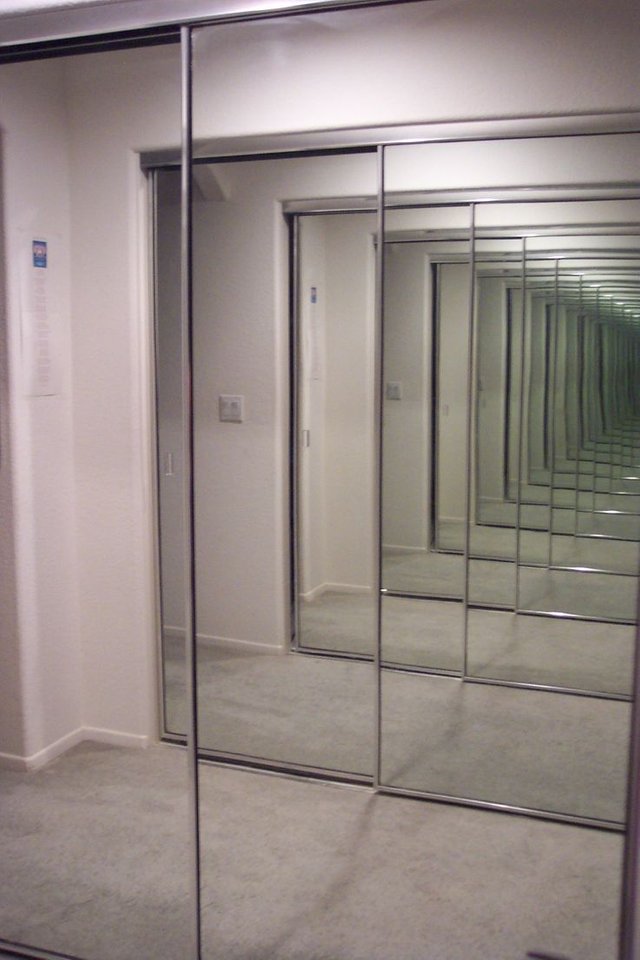You are viewing a single comment's thread from:
RE: Random Philosophical Question #1
I agree that it would make the predicting easier if the Thing need not predict for itself. But in your opinion, would it still be possible if it had to predict the effects of its predictions?
No, it's not a question of 'easy', it's a question of it going in a loop. You simply cannot predict everything you will do yourself, because then you have to account for how that prediction would influence your new decisions. So, let's say you make predictions based on all the info you possess. You possess info A, B, C, and you reach a prediction X1 based on that. But now the info you possess is A, B, C, and X1, and now you have to recalculate.
I'm talking of course of more conscious-like beings who can be influenced by their predictions. Perhaps a computer won't care about that. But if it's a machine with parts it needs to know what its own parts are doing, and in the process of 'knowing' it changes its parts. Think of it like a USB stick: if you use it to write a report of everything the USB contains in it, it's immediately false, because the report doesn't contain the report itself. But if you write the report on an external piece of paper (outside the 'dimension' of the USB stick), then you don't have to include it in the calculations.
What if the machine can account for the predicting that it knows it will be doing and maybe go into a recursive loop?
Then it will be constantly calculating instead of predicting. I guess.
Is there a difference?
It will never reach a final prediction. It's like looking into an infinite mirror.
But you can look into an infinite mirror, and you see what you see. Likewise, it's possible to add a half to a fourth to an eighth to a sixteenth and so on...
Yeah but you never know what's gonna be in the next mirror! A "prediction" is the answer to the question "what's in the last mirror?" If you say "the same as in every other mirror", then I can ask "then why are you still calculating?"
Well eventually the effects of the mirror grow smaller and smaller until it doesn't matter anymore:

The image need not be infinite to accomidate for the mirrors